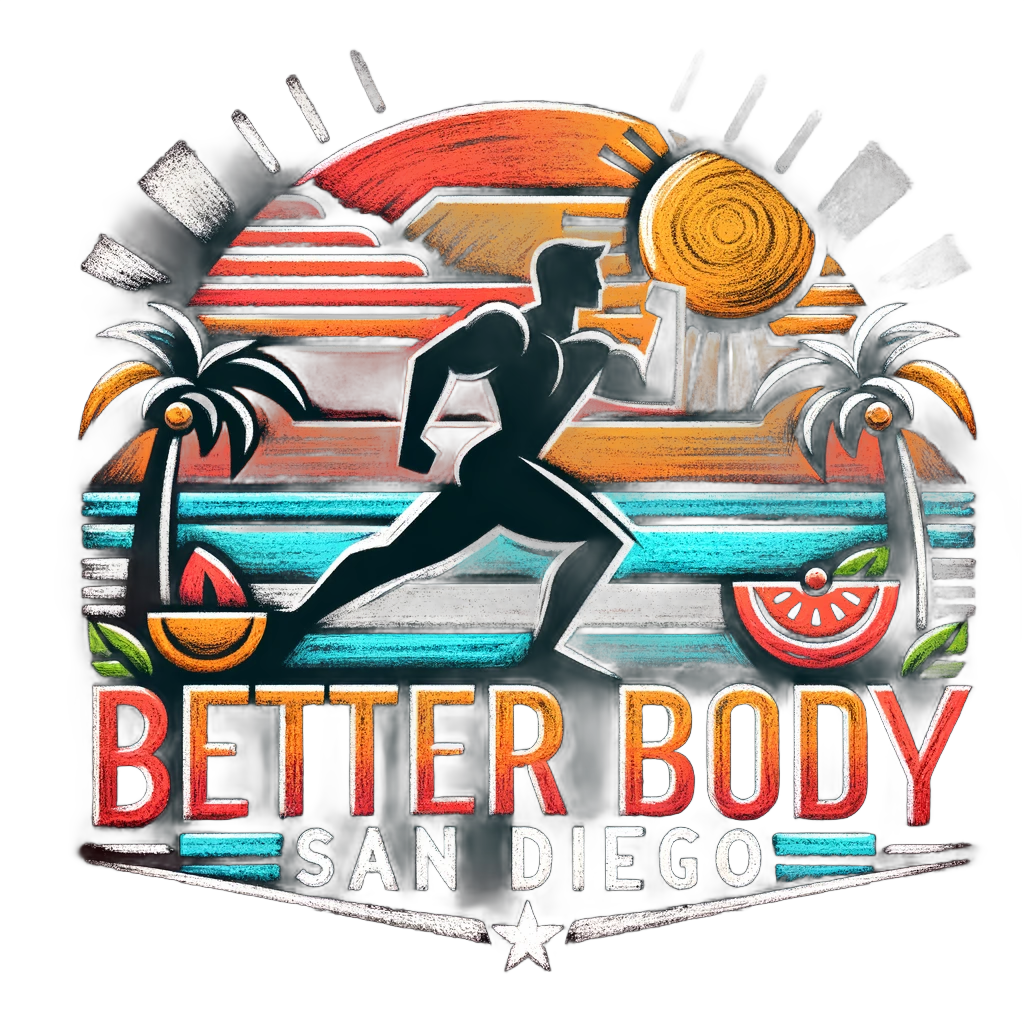Table Of Contents
Setting Realistic Goals for Beginner GymGoers
A common mistake many beginners make when starting their fitness journey is setting unrealistic goals for themselves. It’s important to remember that progress takes time and consistency is key. Instead of aiming to achieve drastic changes in a short period, it’s better to focus on setting smaller, achievable goals that can be built upon over time. By setting realistic goals, beginners can avoid feeling discouraged and stay motivated to continue improving.
When setting goals, it’s beneficial to consider both short-term and long-term objectives. Short-term goals can help beginners stay focused and track their progress regularly, while long-term goals provide a sense of direction and purpose. It’s recommended to set specific, measurable, achievable, relevant, and time-bound (SMART) goals to ensure clarity and accountability. By breaking down larger goals into smaller milestones, beginners can celebrate their achievements along the way and maintain a positive attitude towards their fitness journey.
Tracking Progress and Celebrating Milestones
One of the key elements to keep beginners motivated in their fitness journey is tracking progress. By recording your workouts, noting the weights you lifted, the distances you ran, or the times you completed certain exercises, you can see tangible evidence of your improvement over time. This not only provides a sense of accomplishment but also helps you set new goals based on your current abilities.
In addition to tracking progress, celebrating milestones is equally important. Whether it’s achieving a new personal best in lifting weights, running a certain distance without stopping, or mastering a challenging yoga pose, it’s crucial to acknowledge and celebrate these achievements. This positive reinforcement can boost your confidence, keep you motivated, and remind you of how far you’ve come since starting your fitness journey.
Nutrition Guidance for Novice Gym Enthusiasts
Nutrition is a critical component of any successful fitness journey, especially for beginners embarking on their gym adventures. As a novice gym enthusiast, focusing on a balanced diet that incorporates a variety of nutrients is key to supporting your energy levels, muscle recovery, and overall health. Make sure to include plenty of lean proteins to aid in muscle building and repair, complex carbohydrates for sustained energy, and healthy fats to support hormone production and brain function.
Additionally, hydration plays a vital role in your fitness progress. Drinking an adequate amount of water throughout the day is essential for proper digestion, nutrient absorption, and overall performance during your workouts. Aim to drink at least eight glasses of water a day, and consider increasing your intake if you are sweating heavily during exercise. By prioritizing nutrition and hydration as a novice gym enthusiast, you can optimize your workouts, enhance your results, and lay a solid foundation for a healthy and active lifestyle.
Importance of Balanced Diet
For beginners embarking on their fitness journey, maintaining a balanced diet is crucial for overall success in achieving their fitness goals. A balanced diet provides the necessary nutrients for muscle recovery and growth, as well as sustained energy levels during workouts. It is important for novice gym enthusiasts to focus on incorporating a variety of food groups into their meals to ensure they are getting a wide range of essential vitamins and minerals.
In addition to fueling workouts and aiding in recovery, a balanced diet plays a significant role in weight management and body composition. By nourishing the body with nutrient-dense foods, beginners can support their fitness endeavors and optimize their progress in the gym. Understanding the importance of balance in one’s diet can lead to improved performance, increased endurance, and enhanced overall well-being throughout the fitness journey.
Safety Measures and Emergency Protocols at the Gym
Safety should be a top priority for all gym-goers, especially beginners. Before starting any workout routine, it is crucial to familiarize oneself with the safety measures and emergency protocols in place at the gym. This includes understanding how to use the equipment properly to avoid injuries, following the guidelines for sanitizing equipment before and after use, and being aware of emergency exits and first aid kits locations.
In case of any emergency, gym staff should be notified immediately. It is important to know the location of the nearest staff member or emergency contact and how to reach them quickly. Additionally, beginners should always listen to their bodies and not push themselves beyond their limits to prevent accidents or overexertion. By following these safety measures and being prepared for emergencies, gym novices can ensure a safe and enjoyable workout experience.
Understanding Equipment Usage and Safety Features
It is crucial for beginners at the gym to familiarize themselves with the proper usage of equipment and understand the safety features in place. Each machine and tool serves a specific purpose in aiding your workout routine; therefore, taking the time to learn how to operate them correctly is essential. Consulting with a fitness instructor or trainer can be immensely beneficial in this regard, as they can demonstrate the proper techniques and ensure you are using the equipment safely to prevent any injuries.
Moreover, being aware of safety features on gym equipment is paramount to maintaining a secure workout environment. Understanding how emergency stop buttons work, knowing how to adjust weights safely, and recognizing warning signs on machines are all part of ensuring your safety and the safety of those around you. Never hesitate to ask for guidance or clarification from gym staff if you are unsure about how a particular equipment functions – prioritizing safety will allow you to focus on your fitness goals with peace of mind.
FAQS
How do I choose the best gym for beginners?
When choosing a gym for beginners, consider factors such as location, cost, equipment variety, cleanliness, staff friendliness, and class offerings that align with your fitness goals.
Is it necessary to hire a personal trainer when starting at a gym as a beginner?
While not necessary, hiring a personal trainer can be beneficial for beginners to learn proper form, prevent injuries, and stay motivated. Trainers can also help create a customized workout plan based on your goals.
What are some common mistakes beginners make when starting at the gym?
Common mistakes beginners make at the gym include overtraining, using improper form, neglecting rest days, not staying hydrated, and not seeking guidance when needed. It’s important to start slow and gradually increase intensity.
How can beginners stay motivated to continue going to the gym regularly?
Beginners can stay motivated by setting realistic goals, tracking progress, celebrating milestones, trying new workouts, finding a workout buddy, joining group classes, and reminding themselves of the benefits of exercise for both physical and mental health.
Are there any safety measures and emergency protocols beginners should be aware of at the gym?
Beginners should familiarize themselves with gym safety measures such as proper equipment usage, warming up before workouts, staying hydrated, knowing where emergency exits are located, and seeking help from gym staff if needed. It’s also important to listen to your body and not push yourself too hard.

